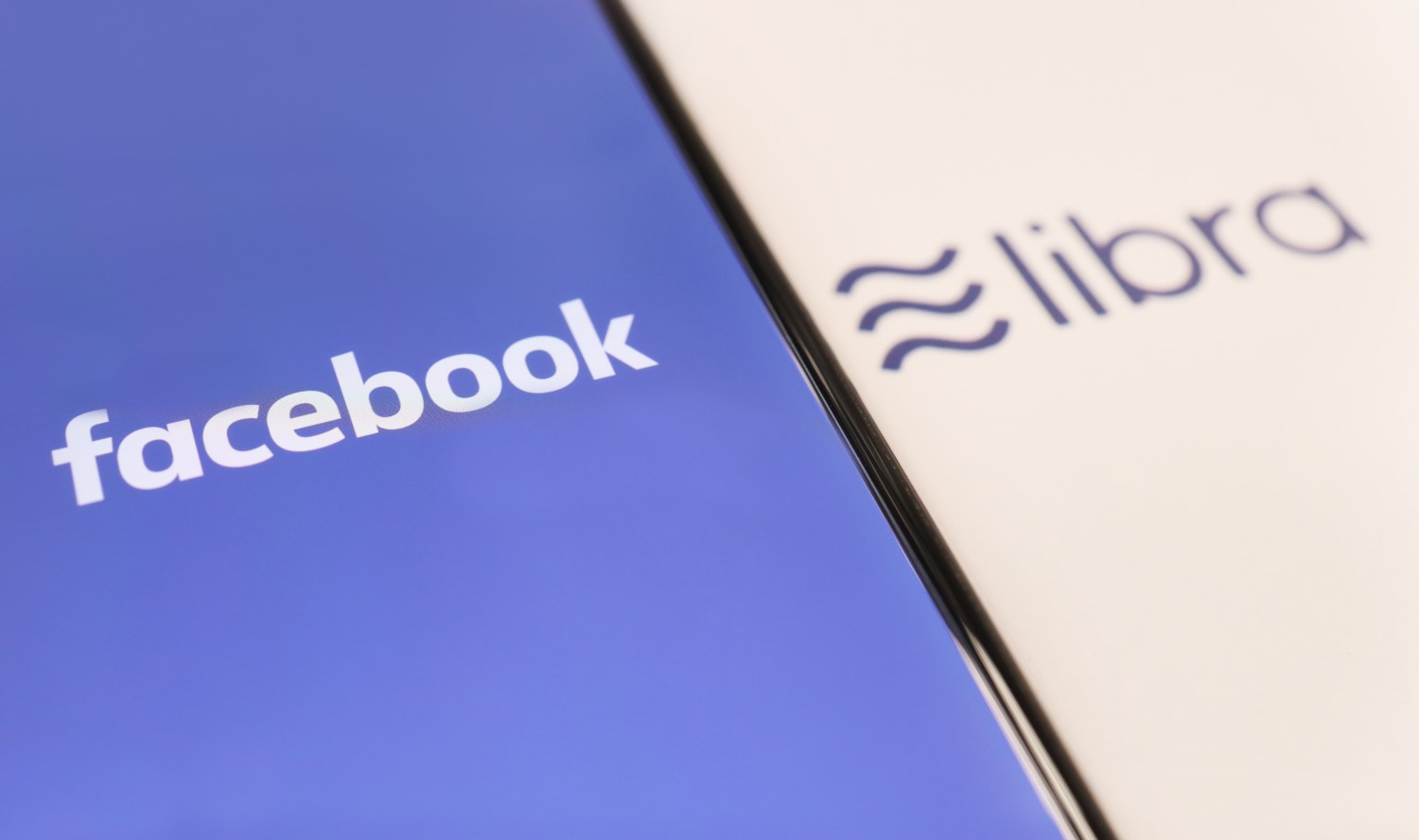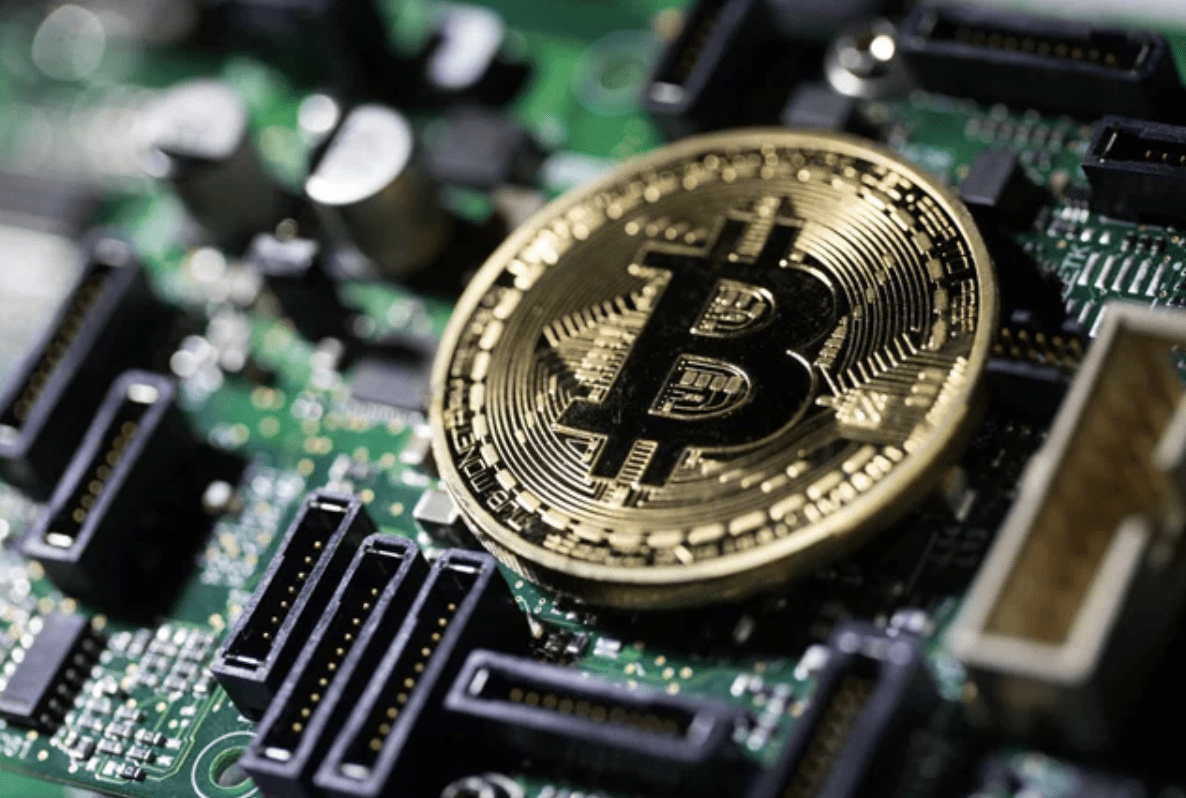Facebook is the latest major company to step into the world of cryptocurrency, and its first foray into these volatile waters has made major ripples, attracting attention from governments and blockchain enthusiasts alike.
The company’s cryptocurrency is named Libra, and the blockchain on which its runs is named the Libra Blockchain.
Libra has several potential applications, including the integration of payments into instant messaging platforms which could facilitate cross-border transactions without interference from government.
If it remains a centralised system, Facebook could have power over its own currency based in the ether of the Internet and subsequently unburdened by geography, with the added benefit a billion-strong user base already using its integrated platforms.
For this reason, Libra has attracted a lot of attention from government regulators, while many Bitcoin enthusiasts have criticised the centralised nature of the digital currency.
A different brand of crypto
While Bitcoin and Libra share many technical similarities in the form of distributed ledger technology, the two platforms are very different from one another.
Bitcoin’s transactions are validated by the public through a decentralised proof-of-work system which sees votes weighted by the users’ mining hardware and their ability to mine blocks.
Libra’s blockchain reaches consensus through a permissioned structure, which comprises pre-authorised validator nodes that vote on which transactions to include.
This means that Libra will be wholly under the influence of the Libra Association, which are a group of founding companies -including Facebook – which have agreed to help run the cryptocurrency.
Simon Dingle, blockchain enthusiast and author of In Math We Trust: The Future of Money, stressed that these two platforms are very different.
“Libra is an interesting development and will force decision making from regulators,” Dingle said.
“Libra is a highly centralised currency that is nothing like Bitcoin, aside from some technical similarities.”
He added that it could prove to be a positive development in some use cases, such as facilitating cross-border remittances in developing markets which are currently exploited by banks.
“If Libra is successful it will also improve familiarity for digital currencies in general, which could be good for cryptocurrencies too,” Dingle said.
More familiarity for cryptocurrencies in general could mean increased Bitcoin adoption, which historically results in major price increases.
Bitcoin projections
The price of cryptocurrencies such as Bitcoin and Ethereum is volatile (a trait Libra will not share due to being backed by physical assets), although Dingle believes the long-term trends for Bitcoin see the token continuing to increase in value.
“The cryptocurrency market has turned bullish again globally, but I don’t expect us to see a return to the kind of hype witnessed in 2017 until some time after the Bitcoin halving event next year,” he said.
“The Bitcoin price has always been volatile and this will continue for some time. I take a long-term view on price as the daily movement doesn’t really tell us anything.”
“All that matters is the trend over multiple years,” Dingle said.
He said that his projections for the price of Bitcoin over the next five and ten years remain positive, and are based on the cryptocurrency’s success at accomplishing its original intent.
“If it displaces just a small percentage of the value stored in gold and a tiny portion of the payment market, then it will have to be worth a lot more than it is today, given its deflationary design,” Dingle said.





 No products in the cart.
No products in the cart.